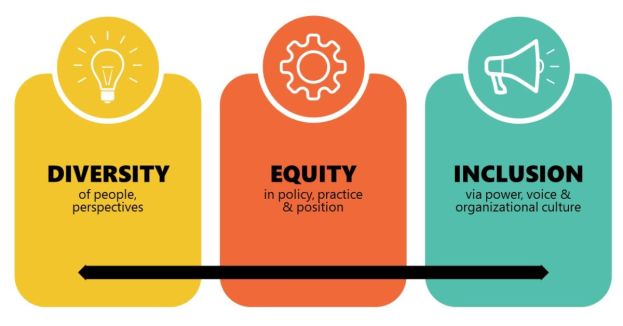Dr. Anderson, who has been teaching at ASU for 21 years, is being represented by the conservative nonprofit the Goldwater Institute in his lawsuit against the school.
He alleges that the DEI course violates a state law prohibiting public agencies from mandating training that involves any form of "blame or judgment on the basis of race, ethnicity, or sex."
In an interview with Fox News Digital, Dr. Anderson expressed his concerns about the content of the required "Inclusive Communities" course. He emphasized the importance of workplace training on how to collaborate with individuals from diverse backgrounds but criticized the course for focusing on dividing people by race and assigning blame based on skin color, which he views as a violation of Arizona law and a manifestation of racism.
WATCH: BRITISH COLONEL RICHARD KEMP REPORTING FROM GAZA![]()
The complaint filed by the Goldwater Institute argues that the DEI training at ASU forces faculty and staff to undergo an examination that promotes blame or judgment related to race, ethnicity, or sex, thereby compelling speech and violating the Arizona Constitution.
WATCH: NO CLUE WHY THEY ARE PROTESTING: "I WISH I WAS MORE EDUCATED"![]()
The training reportedly includes teachings on topics such as "white supremacy," the normalization of sexual identities in society, and the labeling of seemingly innocuous actions as racist.
TRUMP READY TO DEBATE BIDEN 'ANYWHERE, ANYTIME, ANYPLACE,' BUT WILL IT HAPPEN?![]()
Dr. Anderson raised objections to the mandatory quizzes in the course, which he believes require participants to endorse the content presented. He highlighted a question that implied agreement with the idea that DEI should influence all areas of the university, a notion he personally disagrees with. He emphasized that compelling employees to express views they do not support violates their rights and constitutes compelled speech.
TIKTOK'S DOOMSDAY CLOCK IS TICKING: HOW WILL THIS AFFECT ITS 170 MILLION AMERICAN USERS?![]()
Stressing his opposition to racism and his commitment to judging individuals based on character rather than race, Dr. Anderson underscored the importance of speaking out against the DEI training. He differentiated between genuine multiculturalism aimed at fostering workplace harmony and what he perceives as the divisive and discriminatory nature of the ASU course.
WATCH: ILHAN OMAR WARMLY WELCOMES SUSPENDED DAUGHTER AT COLUMBIA'S ANTI-SEMITIC ENCAMPMENT![]()
In response to the lawsuit, an ASU spokesperson stated that the university's Inclusive Communities training aligns with state law and aims to create a respectful environment that values diverse backgrounds and experiences.
The spokesperson dismissed the allegations made by the Goldwater Institute as false and lacking merit, emphasizing ASU's dedication to inclusivity and support for students from all backgrounds.
CRITICS SLAM BIDEN'S ATTEMPT TO RELATE PERSONAL TRAGEDY TO POLICE OFFICER DEATHS![]()
Dr. Anderson emphasized the significance of maintaining ideological neutrality in state universities, particularly in providing affordable education to students. He expressed concerns about universities promoting specific political ideologies at the expense of serving the entire community.
NYU ENCAMPMENT ORGANIZERS PUSH PROTESTERS TO JOIN THIS PRO-HAMAS NETWORK![]()
The professor also highlighted recent changes in the Arizona university system, which no longer mandates diversity, equity, and inclusion statements in hiring practices.
The ongoing legal battle between Dr. Anderson, supported by the Goldwater Institute, and ASU underscores the broader debate surrounding DEI initiatives in educational institutions and the balance between promoting inclusivity and respecting individual beliefs and freedoms.







 Discover alternative ideas that will make you think
Discover alternative ideas that will make you think Engage in mind bending debate
Engage in mind bending debate Earn points, rise in rank, have fun
Earn points, rise in rank, have fun


